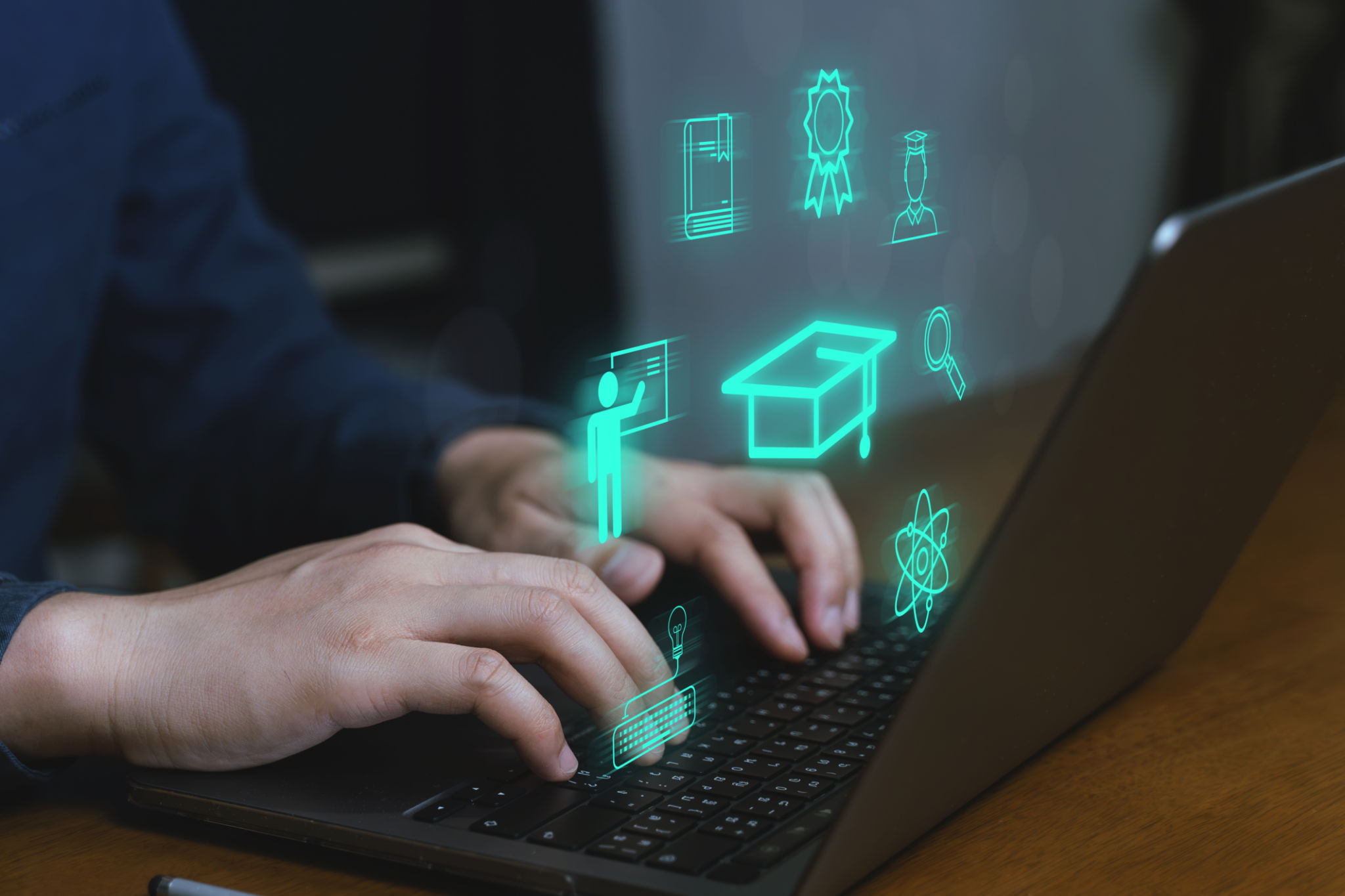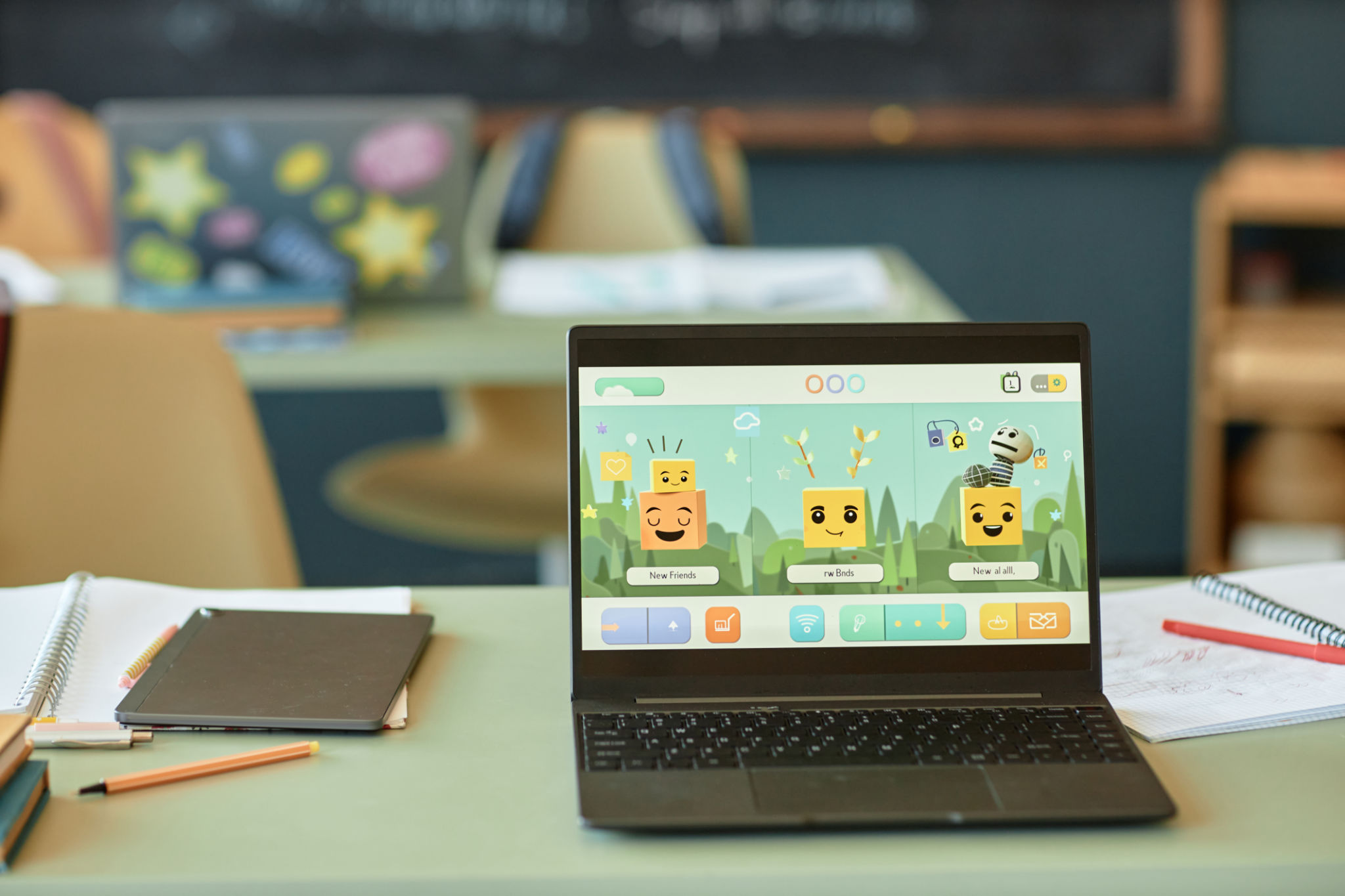Innovative Educational Psychology Trends Transforming Classrooms
Understanding the Role of Technology in Educational Psychology
The integration of technology in education has significantly transformed the landscape of learning and teaching. Educational psychology, which explores how people learn, has evolved to incorporate technological advancements that offer new insights and methods for enhancing educational outcomes. Tools like virtual reality, AI-driven tutoring systems, and interactive learning platforms are not just supplements but are becoming central to classroom instruction.

By leveraging these technologies, educators can create personalized learning experiences that cater to individual student needs and learning styles. This personalization is crucial for engaging students and helping them achieve their full potential. Moreover, technology facilitates a more collaborative and interactive environment, encouraging students to take an active role in their education.
The Rise of Social and Emotional Learning (SEL)
Another trend transforming classrooms is the emphasis on Social and Emotional Learning (SEL). SEL focuses on developing skills such as empathy, self-awareness, and effective communication. Recognizing that emotional intelligence is as important as academic skills, educators are incorporating SEL into their curricula to foster a more holistic educational experience.
SEL programs are designed to create a supportive learning environment where students feel safe and valued, which in turn enhances their academic performance. These programs encourage students to work collaboratively, resolve conflicts peacefully, and develop a greater understanding of themselves and others.

Data-Driven Insights for Improved Outcomes
With the advent of big data, educational psychology now has access to vast amounts of information that can be analyzed to improve teaching strategies and student outcomes. Data-driven insights allow educators to track student progress in real-time, identify areas where students may be struggling, and adjust instructional methods accordingly.
Schools are increasingly utilizing data analytics to inform decision-making processes. This approach not only enhances the effectiveness of teaching methods but also helps in identifying patterns that could indicate larger systemic issues within education systems.
Benefits of Data-Driven Approaches
- Personalized learning plans tailored to individual student needs
- Early detection of learning difficulties or behavioral issues
- Enhanced resource allocation based on data trends

Mindfulness and Mental Health Integration
Mental health awareness has become a critical component of educational psychology. Schools are now more focused on integrating mindfulness practices into their daily routines to help students manage stress and improve concentration. Techniques such as meditation, deep breathing exercises, and reflective journaling are becoming commonplace in schools.
These practices not only benefit students' mental health but also contribute to a calmer and more focused classroom environment. By promoting mental well-being, educators are helping students build resilience and develop coping strategies that will serve them throughout their lives.
Gamification: Engaging Students Through Play
Gamification, the application of game-design elements in non-game contexts, has found its way into educational psychology as a powerful tool for engagement. By turning lessons into interactive games, educators can capture students' attention and make learning more enjoyable.
This approach not only motivates students but also encourages critical thinking and problem-solving skills. Through gamification, students are more likely to retain information and develop a love for learning that extends beyond the classroom.

In conclusion, these innovative trends in educational psychology are reshaping the way we approach teaching and learning. By embracing technology, focusing on social and emotional development, using data-driven insights, integrating mindfulness practices, and incorporating gamification, educators can create more dynamic and effective learning environments that prepare students for the challenges of the future.